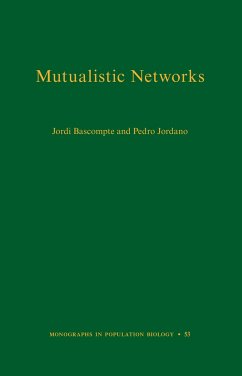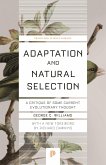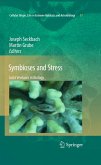Mutualistic interactions among plants and animals have played a paramount role in shaping biodiversity. Making a case for why we should care about mutualisms and their complex networks, this book offers a perspective on the study and synthesis of this growing area for ecologists and evolutionary biologists.
"Until recently, the study of mutualism was replete with lovely natural history details, but largely divorced from ecological theory. In this fine book, Bascompte and Jordano take an important step toward rectifying this situation, by applying a rich array of network tools and phylogenetically informed analyses to webs of mutualistic interactions. The authors deftly synthesize a wide range of empirical case studies and theoretical perspectives, draw a number of intriguing and unexpected conclusions, and provide useful, detailed methodological appendices which will facilitate future studies of mutualism in a community context."--Robert D. Holt, University of Florida "This engaging book is required reading for anyone interested in how the web of life is organized. With impeccable scholarship, a broad and careful presentation, and nuanced interpretation, it probes deep questions about the structure of biodiversity, and weaves innovative approaches with insightful interpretations."--John Thompson, University of California, Santa Cruz "This useful book examines the structure of mutualistic networks by delving into emerging structures from mutualistic network research, explaining what drives the structure, and investigating its implications on the robustness of ecological communities. Comprehensively reviewing this important field, this work will find a significant readership and promote further research." --Kevin McCann, University of Guelph
Hinweis: Dieser Artikel kann nur an eine deutsche Lieferadresse ausgeliefert werden.
"Until recently, the study of mutualism was replete with lovely natural history details, but largely divorced from ecological theory. In this fine book, Bascompte and Jordano take an important step toward rectifying this situation, by applying a rich array of network tools and phylogenetically informed analyses to webs of mutualistic interactions. The authors deftly synthesize a wide range of empirical case studies and theoretical perspectives, draw a number of intriguing and unexpected conclusions, and provide useful, detailed methodological appendices which will facilitate future studies of mutualism in a community context."--Robert D. Holt, University of Florida "This engaging book is required reading for anyone interested in how the web of life is organized. With impeccable scholarship, a broad and careful presentation, and nuanced interpretation, it probes deep questions about the structure of biodiversity, and weaves innovative approaches with insightful interpretations."--John Thompson, University of California, Santa Cruz "This useful book examines the structure of mutualistic networks by delving into emerging structures from mutualistic network research, explaining what drives the structure, and investigating its implications on the robustness of ecological communities. Comprehensively reviewing this important field, this work will find a significant readership and promote further research." --Kevin McCann, University of Guelph
Hinweis: Dieser Artikel kann nur an eine deutsche Lieferadresse ausgeliefert werden.








